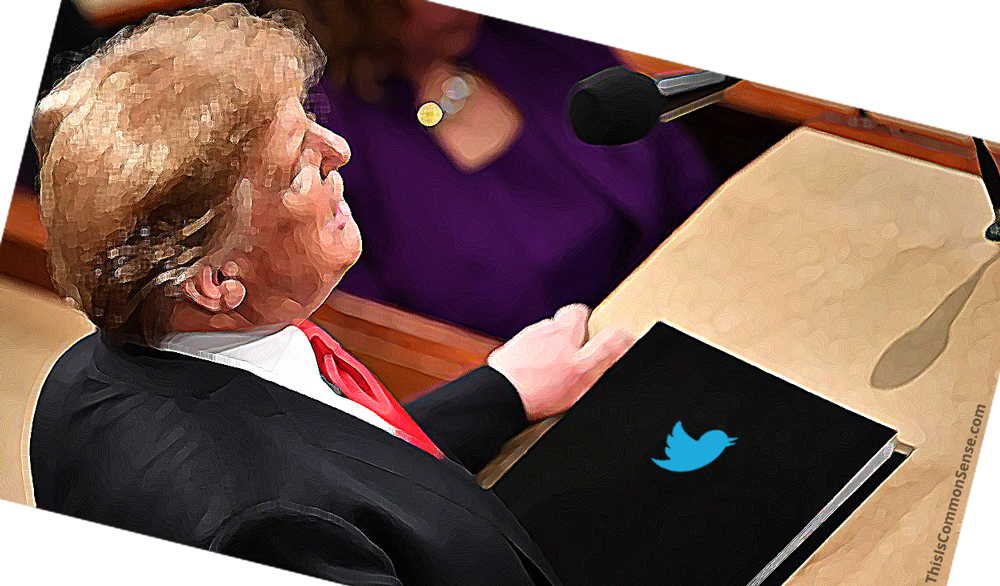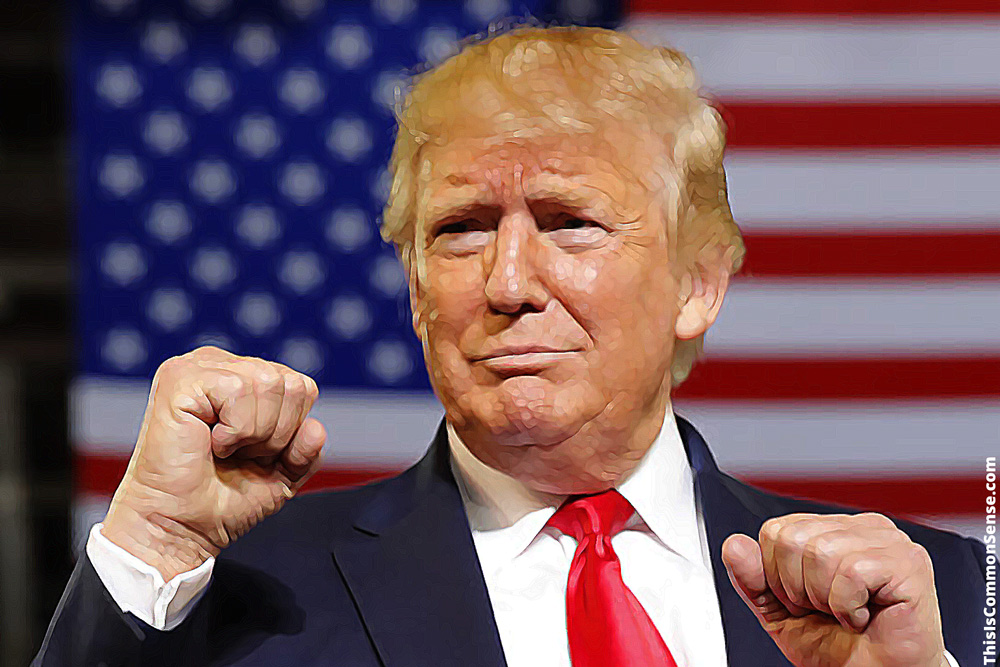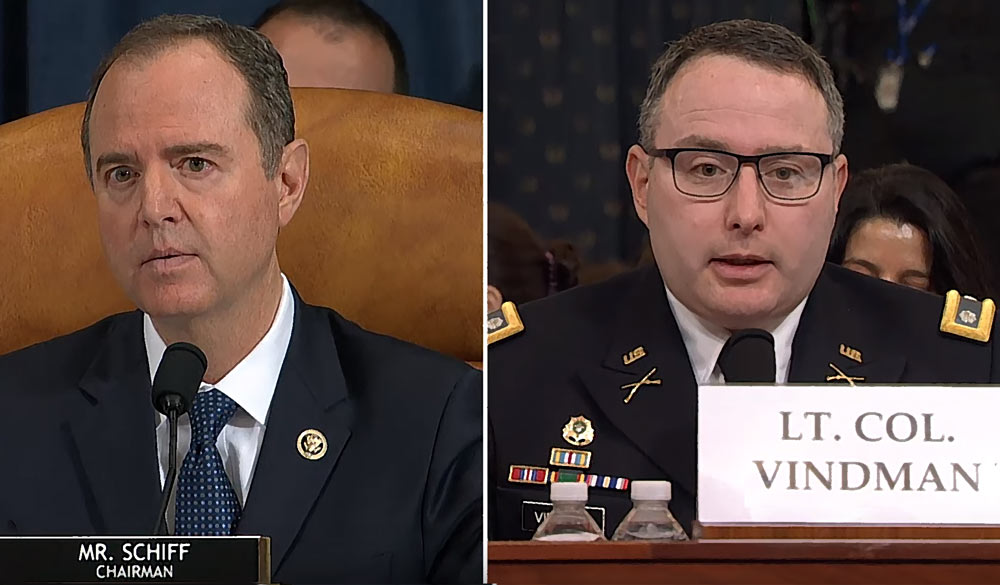The impeachment that followed the events of January Sixth was . . . peculiar. President Trump had just a few weeks to go in his term, thus “removing him” on the way out seemed . . . almost pointless.
And we quickly learned that the Senate wouldn’t hear the case until after Trump’s replacement was installed in office.
So why?
Had enough Republicans in the upper chamber jumped ship, what House Democrats would have obtained for their troubles was (1) a prohibition on Trump running again and (2) a twist of the knife.
Key word: Payback.
Democrats had never really “accepted” their defeat in 2016. So they played up Trump’s unwillingness to “accept defeat” in 2020. A poetic revenge — “with a twist.”
But this may have been more than merely partisan payback.
Here’s the proverbial Rest of the Story: The lame duck president had been seriously considering pardoning Edward Snowden and Julian Assange. And that was something the permanent government of the intel agencies and military-industrial complex could not allow. So, as Glenn Greenwald reported on Rumble, the Deep State’s most ardent Republican supporters in the Senate — Lindsay Graham being most prominent — threatened to vote against Trump in the impeachment proceedings if the president pardoned either of those . . . heroes.
By impeaching Trump, Democrats not only humiliated the man, to the extent he could be humiliated, they scored a political win against Snowden and Assange, two men who had humiliated the establishment in general and their party in particular.
The big winner? The Deep State.
And the real loser? Not Trump — the American people.
Because we are left with a Leviathan that spies on us and lies to us.
This is Common Sense. I’m Paul Jacob.
—
See all recent commentary
(simplified and organized)










